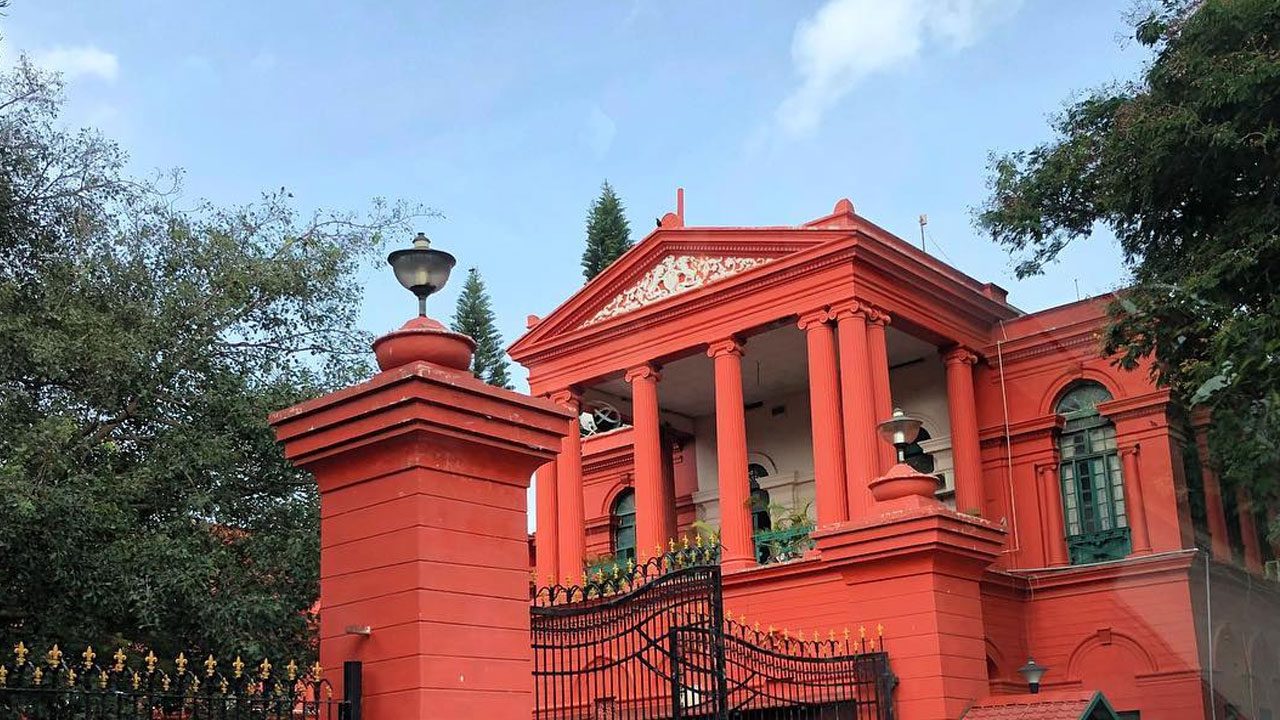The Karnataka High Court under Justice M Nagaprasanna in CH K.S. Prasad @ K S Prasad And State of Karnataka & ANR (Criminal Petition No. 195 of 2020) has said that an employee’s payment to a provident fund is a statutory deduction, and the employer’s failure to deposit that money into the employee’s account with the Provident Fund Organization does not constitute cheating.
FACTS
The petitioner claims to be an employee of M/s Vasan Healthcare Private Limited. During the said period, he further claims to have donned several rolls in the Establishment and was for some time Senior Vice-President, Human Resources and was also authorized to sign certain forms in connection with the business of the Establishment including the forms of Employees Provident Fund. It appears that during the period from August 2014 to May 2015 the Establishment deducted provident fund from the wages of employees but had not deposited the said amount with the Provident Fund Organization. The amount totalled to 95,58,104/-. Based upon this, a complaint comes to be registered on 06-08-2015 before the 1st respondent alleging offences punishable under Sections 406 and 409 of the IPC. The petitioner claims to have been unaware of the said crime registered against him. On coming to know that crime has been registered and the Police after investigation have filed a charge sheet, the petitioner on securing all the documents has knocked at the doors of this Court calling in question the proceedings in the said criminal case.
FINDINGS
This Court recorded that Form 5A submitted by the Establishment on 21-07-2015 which was appended to the petition therein clearly indicated that it was CH K.S. Prasad, Senior Vice President, HR who is declared to be the owner and person responsible for the conduct of the business of the Establishment and not the President. The finding of the Special Court in favour of the Establishment was that there was no willful default on the part of the Establishment and it was a circumstance which was beyond the control of the Establishment, as the Income Tax Department authorities had attached the properties of the Establishment. If that be the finding and the said finding having become final, the petitioner cannot be hauled into the web of crime for an offence under Section 409 of the IPC, as if there is willful default against the Establishment. There cannot be anything willful laid against the petitioner. There is no iota of element of mens rea that is alleged against the petitioner.
JUDGEMENT
The court said, “It is germane to notice that the proceedings are instituted only against the petitioner. The petitioner was an employee of the Establishment. For proceedings to be instituted for offences under Sections 406 or 420 of the IPC, the Establishment ought to have been made a party. Without the Establishment being an accused, the proceedings against the petitioner cannot be permitted to be continued. For these reasons, permitting further proceedings to be continued against the petitioner would degenerate into harassment, becomes an abuse of the process of law and ultimately result in miscarriage of justice.” Therefore the criminal petition is allowed and the proceedings initiated against the petitioner stand quashed.
PRIME LEGAL is a full-service law firm that has won a National Award and has more than 20 years of experience in an array of sectors and practice areas. Prime legal fall into the category of best law firm, best lawyer, best family lawyer, best divorce lawyer, best divorce law firm, best criminal lawyer, best criminal law firm, best consumer lawyer, and best civil lawyer.
JUDGEMENT REVIEWED BY VAISHNAVI SINGH


